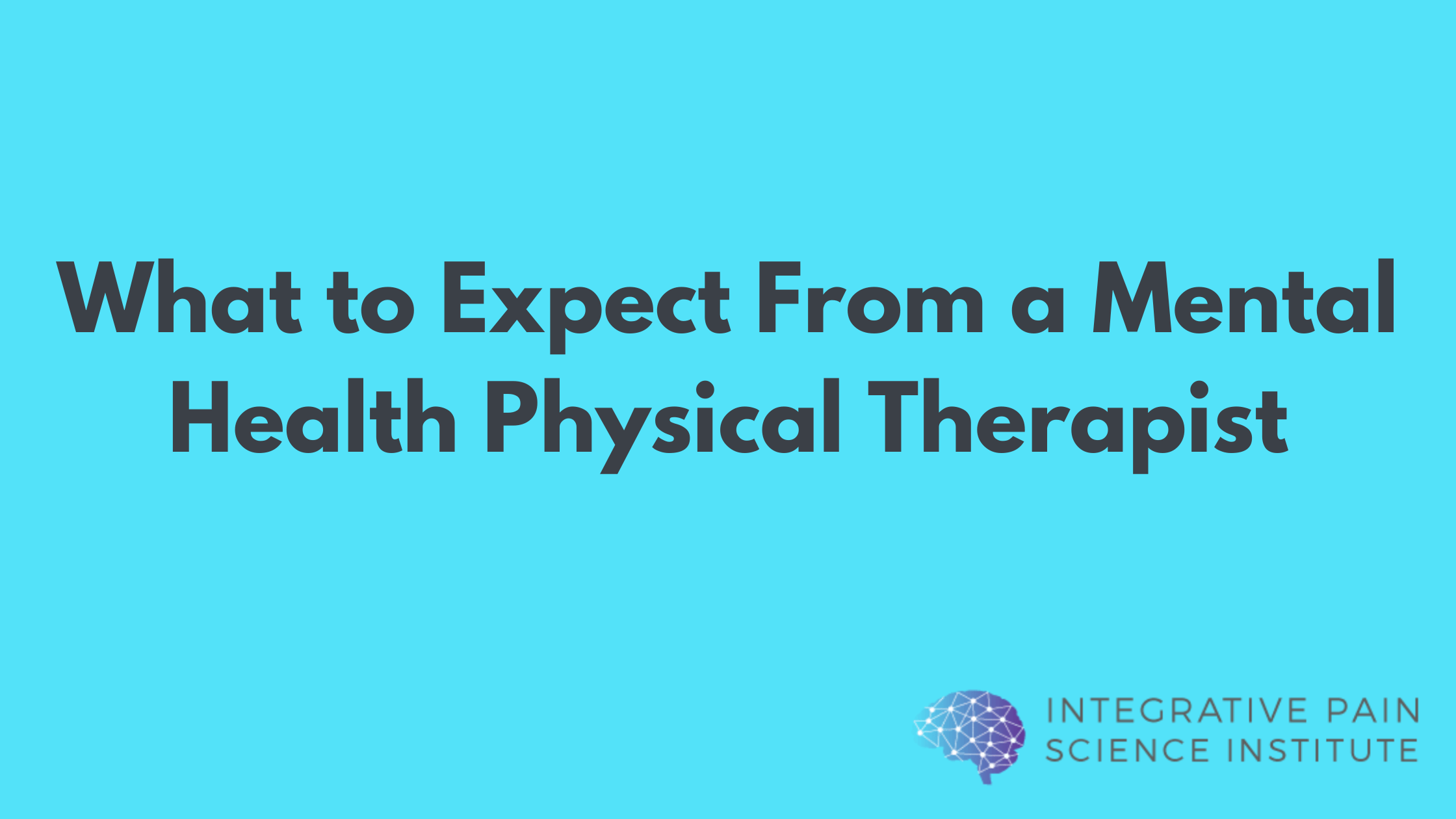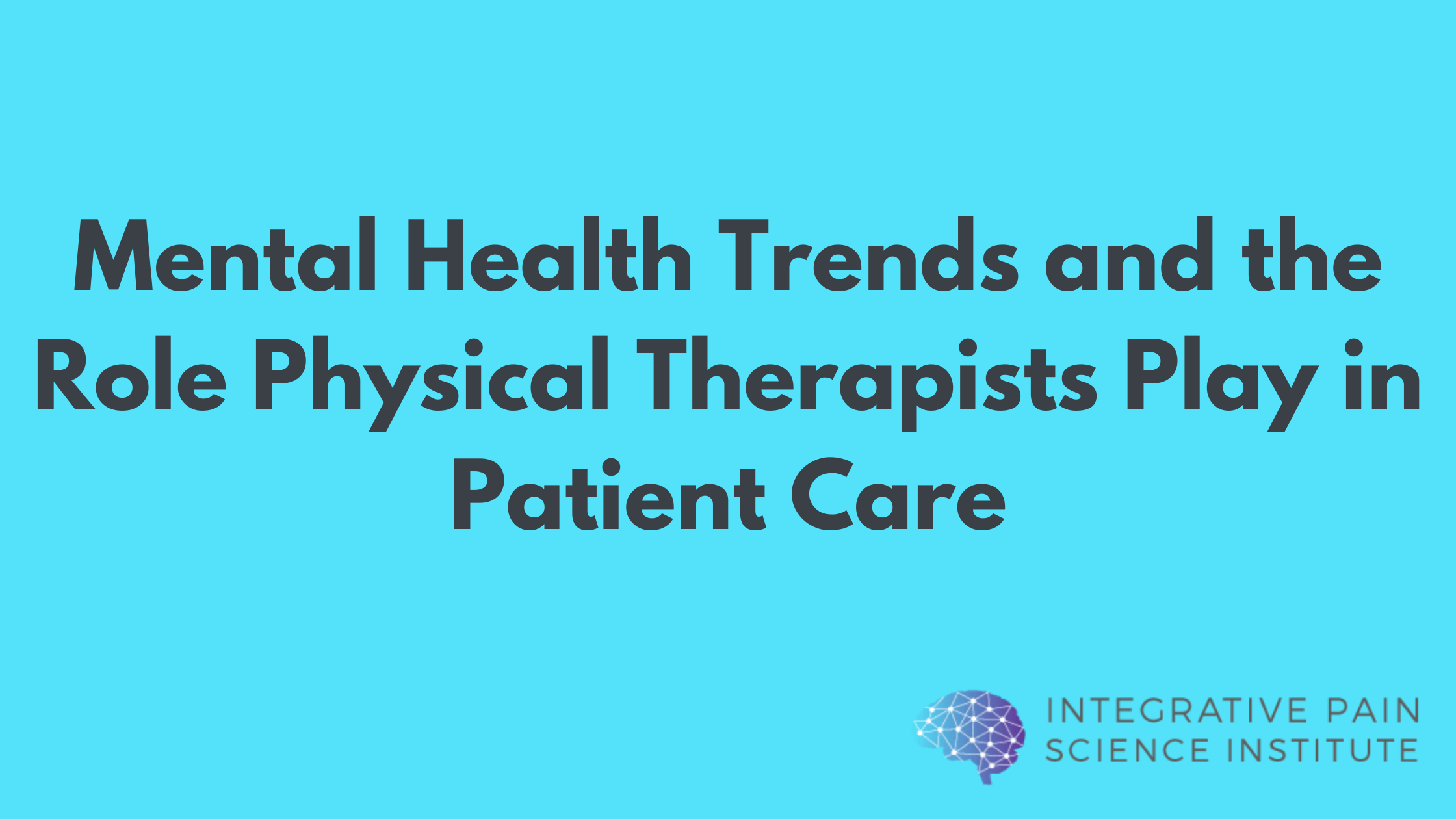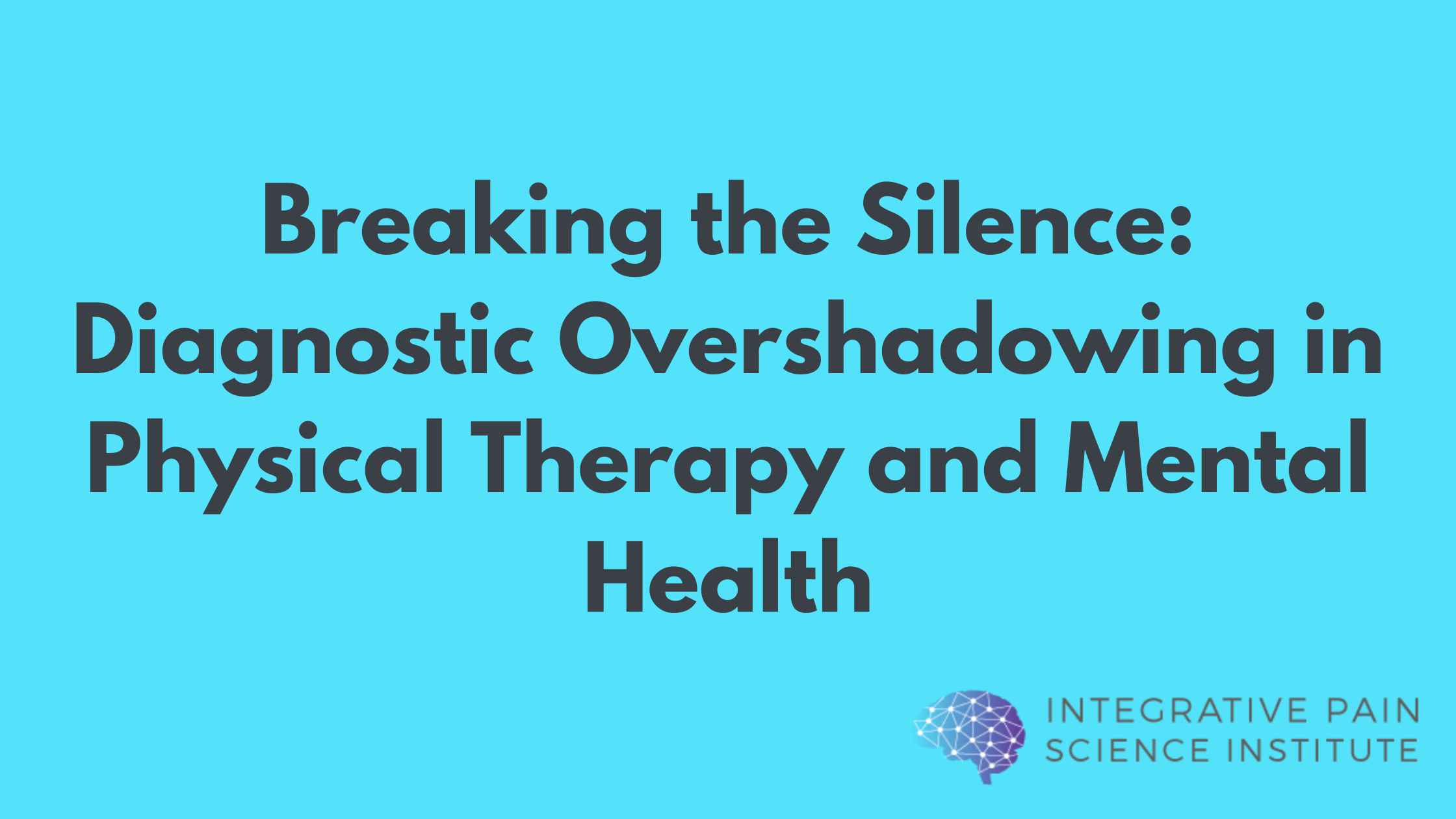Ever wonder why some people sail through the winter without a single cold, and other people always seem just plain sick and tired? The healthy ones have a secret weapon in their arsenal: probiotics (beneficial bacteria).
A healthy person hosts about 100 trillion beneficial bacteria in their body – which is literally 10 times the number of their own human cells! Those beneficial bacteria are mostly concentrated in the digestive tract. They work hard to benefit their host by performing the following tasks:
- Digest food
- Synthesize B vitamins and vitamin K
- Work like “soldiers” on the front lines of the immune system
- Help maintain a healthy weight
- Fight aging and inflammation
- Prevent chronic diseases including type 2 diabetes
So why do some people have insufficient numbers of these beneficial bacteria? Modern life! That includes antibiotics (whether in medicine, or in factory farmed meats), pesticides on fruits and vegetables, stress, and a diet high in packaged foods rather than produce grown in rich soil.
What are the effects of reduced gut bacteria? You might notice an increase in allergies, asthma or skin conditions like wrinkles and eczema. You might find yourself getting sick often, and you might feel tired. Or you might have uncomfortable digestive symptoms like bloating and constipation – which are due to decreased numbers of the “good guys” but also an increase of opportunistic “bad guys” like fungi and other pathogens.
Three Steps to Fortify Your Gut Health
Knowing that probiotics are the cornerstone of health, follow these simple steps to fortify or rebuild your microbiome (the community of beneficial microorganisms that you host).
- Eat fermented foods – especially lactofermented vegetables like sauerkraut and kimchi. These are foods that are literally “predigested” for us by beneficial bacteria which then actively inoculate our gut when we eat them. Make sure that the sauerkraut or kimchi that you buy (at a healthfood store) is actually fermented with active cultures (many commercial varieties are made with vinegar and aren’t actually fermented.) Just one forkful of fermented veggies at every meal can be enough to help you get vibrantly healthy! Yogurt is another fermented food, but watch out for the sugar content in flavored yogurts, and make sure you digest dairy okay. For more ideas download your Healing Foods Checklist and Shopping Guide now!
- Eat prebiotic foods. These are certain fibers in fruits and vegetables that we don’t actually digest – the beneficial bacteria digest them for us, and they thrive as a result! Some of the best examples of prebiotic foods are onions, garlic, apples, and avocados, but any and all plant fibers are great. In fact, we should aim for 30-50 grams of plant fiber per day.
- Take a probiotic supplement. Look for one in the refrigerated section of your health food store that contains eight or nine strains of probiotics, ideally, with a concentration 25 – 100 billion CFUs per serving. The concentration you need depends on how deficient in probiotics you are. The strains you are looking for are lactobacillus and bifidobacterium. If you’re just starting on probiotics, start at a lower dose and build up over a two week period. Otherwise, you may experience some uncomfortable bloating as your body adjusts.
I recommend that you follow the above steps in the order I’ve listed them because the best way to balance your gut bacteria is to get it from real food instead of supplements. Yet many people do find huge benefits from probiotics in capsules or powder, so you just have to experiment and see what helps you the most.
Get started now by downloading your Healing Foods Checklist and Shopping Guide now!
Dr. Joe Tatta, DPT, CCN
References
http://www.ncbi.nlm.nih.gov/pubmed/26428734
http://www.ncbi.nlm.nih.gov/pubmed/25032085
http://www.ncbi.nlm.nih.gov/pubmed/26301190



